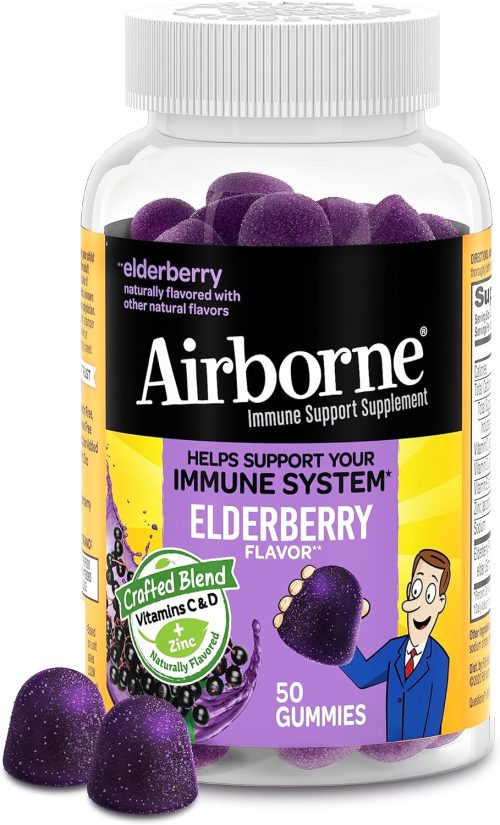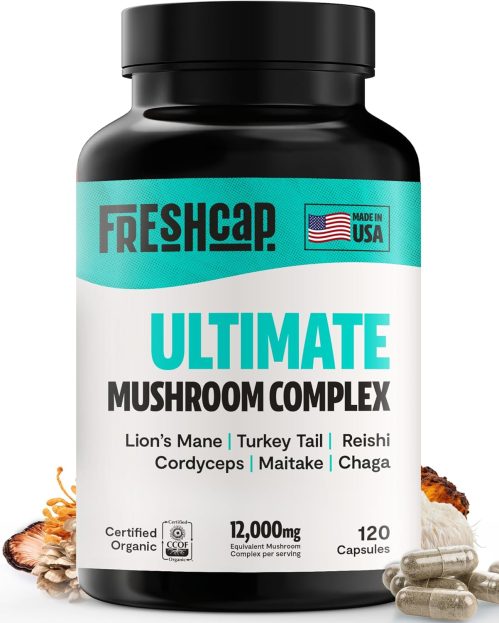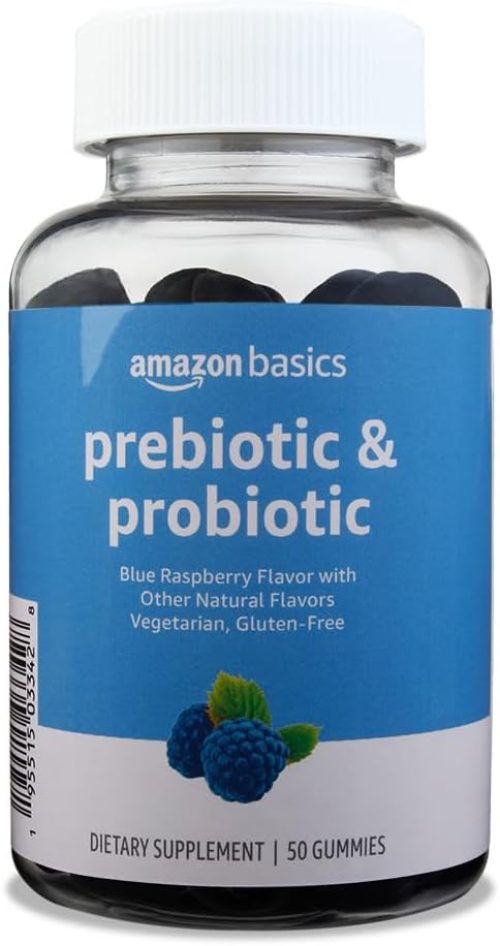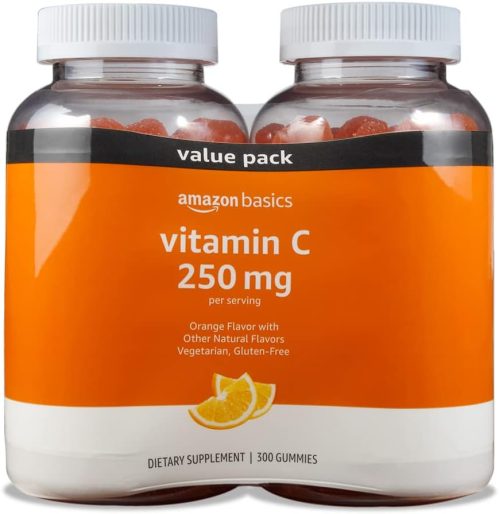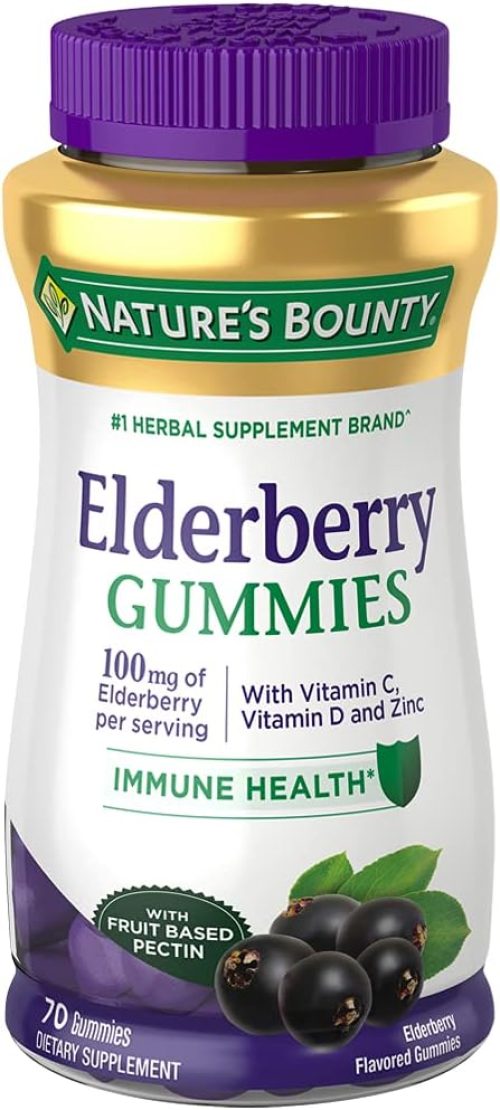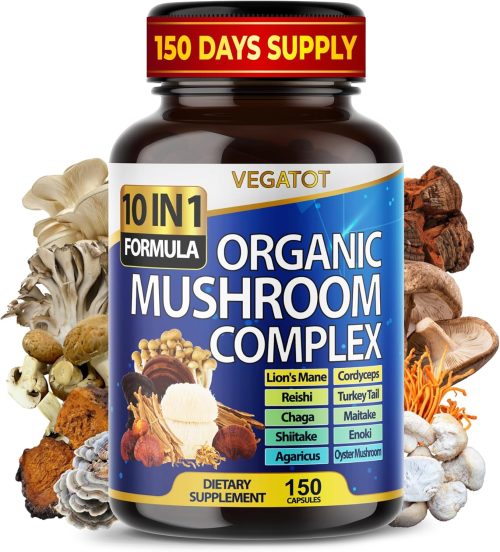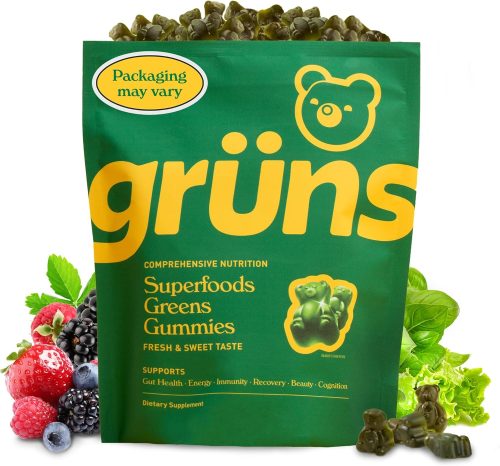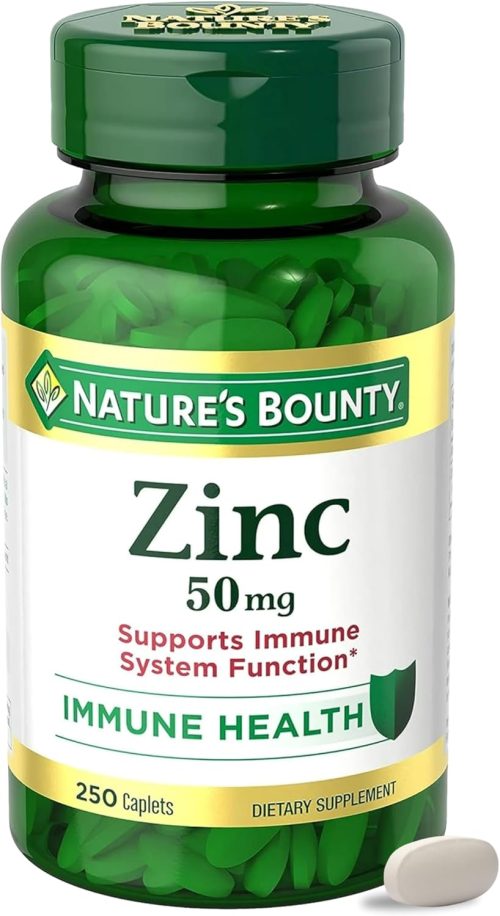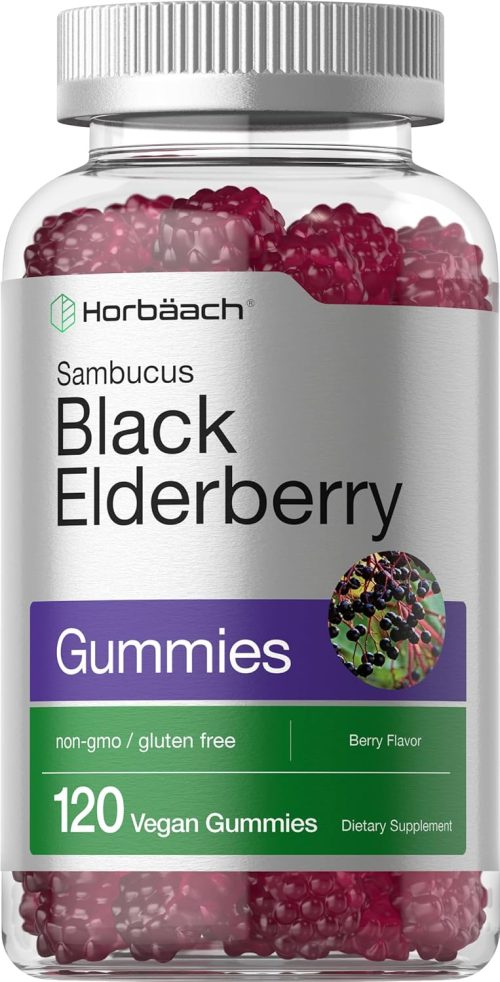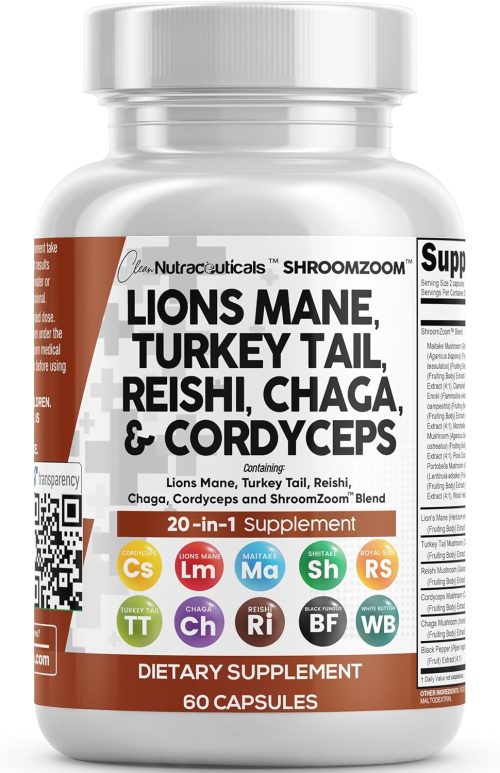
You’ve probably heard about the benefits of creatine and BCAAs for muscle recovery, but do you truly understand how these supplements work their magic? Let’s break it down – creatine aids in energy production, enhancing muscle function and quickening post-workout recovery, while BCAAs support muscle repair and growth by reducing soreness and aiding in protein synthesis. The intricate ways in which these supplements impact muscle recovery might surprise you, so let’s delve deeper into the science behind their roles in optimizing muscle repair and performance.
Understanding Creatine and Its Role
To understand how creatine enhances muscle recovery, you must grasp its fundamental role in providing energy for intense physical activities.
Creatine is a naturally occurring compound that plays a crucial part in the production of adenosine triphosphate (ATP), the primary source of energy for muscle contractions during high-intensity exercises.
When you engage in activities like weightlifting or sprinting, your muscles require rapid bursts of energy, which are supplied by ATP. Creatine helps regenerate ATP at a faster rate, allowing your muscles to work harder and recover quicker between sets or bouts of exercise.
Benefits of BCAAs for Recovery
Understanding how creatine aids in muscle recovery sets the stage for exploring the benefits of BCAAs in enhancing post-workout recovery. Branched-chain amino acids (BCAAs), including leucine, isoleucine, and valine, play a crucial role in muscle repair and growth. These essential amino acids can’t be produced by the body, so they must be obtained through diet or supplementation.
BCAAs are known for their ability to reduce muscle soreness and fatigue after intense exercise. They help to decrease muscle protein breakdown during workouts, which in turn promotes faster recovery. Additionally, BCAAs can stimulate protein synthesis, aiding in the rebuilding of muscle fibers that may have been damaged during training.
Another benefit of BCAAs is their role in reducing muscle wasting during periods of calorie restriction or intense training, helping to preserve lean muscle mass. By supplementing with BCAAs, you can support your body’s recovery process, allowing you to bounce back quicker and hit your next workout feeling stronger and more energized.
Mechanisms of Muscle Repair
Muscle repair involves a complex series of biological processes that work together to restore damaged muscle tissue. When you engage in intense physical activity, such as weightlifting or high-intensity interval training, tiny tears occur in your muscle fibers. These tears trigger an inflammatory response in your body, signaling for repair mechanisms to kick in.
Satellite cells, a type of stem cell located around your muscle fibers, become activated and multiply. These satellite cells then fuse to the damaged muscle fibers, helping to repair and rebuild them. Additionally, growth factors like insulin-like growth factor 1 (IGF-1) are released, stimulating muscle growth and repair.
Collagen synthesis also increases, aiding in the formation of new connective tissue to support the repaired muscle fibers. This intricate process of muscle repair is crucial for muscle recovery and adaptation, allowing you to become stronger and more resilient over time.
Optimizing Recovery With Supplements
When looking to enhance your muscle recovery process, considering the benefits of supplements like creatine and BCAAs can be a valuable strategy. Creatine is known for its ability to increase the body’s production of ATP, which provides energy for muscle contractions during exercise. By supplementing with creatine, you can potentially improve your strength and power output, leading to enhanced performance and faster recovery between workouts.
BCAAs, which include leucine, isoleucine, and valine, are essential amino acids that play a crucial role in muscle protein synthesis. Taking BCAA supplements can help reduce muscle soreness and damage after intense training sessions, allowing you to bounce back quicker and train at higher intensities sooner.
To optimize your recovery with supplements, it’s essential to choose high-quality products from reputable brands and follow the recommended dosage guidelines. Additionally, staying hydrated and fueling your body with nutritious foods will complement the effects of these supplements, contributing to a more efficient recovery process overall.
Trending Products

